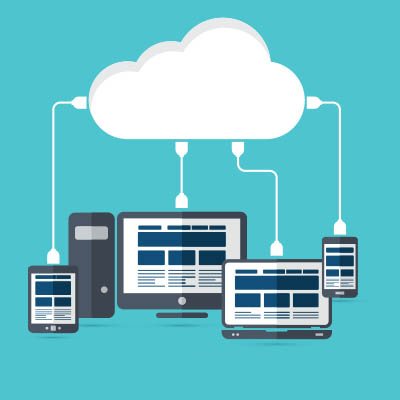Being a green business is a great thing. It not only helps your company become more environmentally friendly, but it can also attract customers who care about the environment. What’s less talked about is how being green can actually give your business a competitive edge in certain situations.
Relationships in business are just like relationships elsewhere in life: messy and sometimes chaotic, but generally good to foster. This goes for relationships with customers, vendors, and even your employees. Today, we want to look at how you can build better and stronger relationships for your business.
The Android operating system offers a litany of additional features and shortcuts in most applications… all you have to do is long-press an application’s icon to pull up a contextual menu of shortcuts. Naturally, Google’s applications are no exception. Let’s review some of Google’s application capabilities as they appear in these shortcut menus.
Over a quarter of all data breaches target small businesses, and the cost of a breach can be devastating. To protect your business’ data and infrastructure, small businesses need a combination of effective technology tools and well-planned strategies. Here are some key steps your business can take to safeguard itself against digital theft.
Cloud computing, particularly Software-as-a-Service (SaaS), has become an essential tool for businesses of all sizes. Hosted software offers numerous benefits like anytime-anywhere access, scalability, and hassle-free management of hardware by the provider. In today’s post, we’ll share a few practical tips for working with cloud computing more effectively.
If you’ve spent any time online, you’ve likely encountered ads popping up while you’re trying to read articles, watch videos, or scroll through social media. While some ads can be helpful, many people find them disruptive or invasive, which is why ad blockers have become popular. Have you ever wondered how exactly ad blockers work? Let’s break it down.
We live in a world where technology is central to everyday life, yet unfortunately it does not last forever. Eventually, your smartphone, laptop, smartwatch, or other device will reach its end of life, or EOL. This is when the manufacturer stops supplying critical updates—including security.
Artificial intelligence is a hot topic nowadays, making data an even more valuable resource. After all, AI platforms rely on data to function. Due to this, many platforms and services collect data from their users to feed these algorithms. LinkedIn was recently discovered to have started doing so—by default—without informing users or updating its terms of service.
In business today, technology plays a big role. Unfortunately, by using technology, each individual has to make security considerations. This is because there are more cyberattacks today than ever before. To keep business rolling effectively, today’s workers must carefully consider and understand their role in their organization’s cybersecurity initiatives. In today’s blog, we look at four ways they can do just that.
Downtime is easily one of the most prolific reasons small businesses take in less money than they otherwise could, making it an existential threat to many if a certain threshold is met. Making a bad situation worse, there is no shortage of reasons a business may experience downtime. Let’s examine some of these causes to better understand how to minimize this universal issue.










